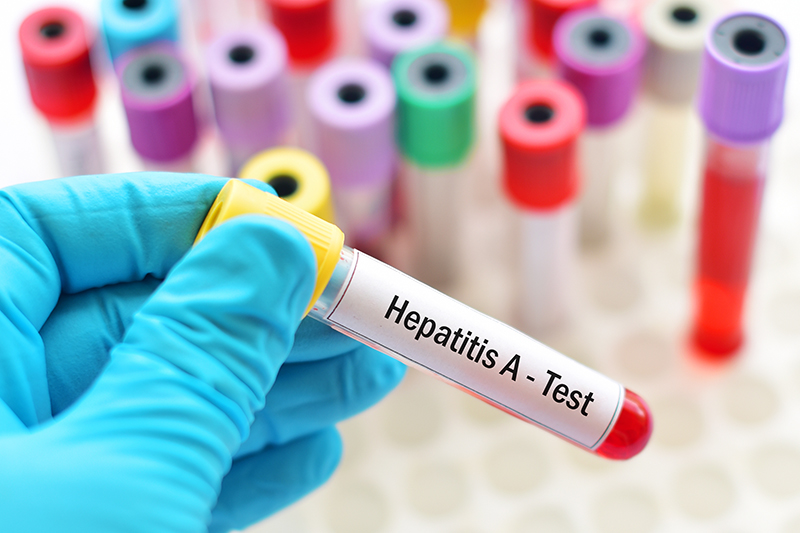
May is Hepatitis Awareness Month, and Hepatitis Testing Day is on May 19th. Hepatitis affects millions of people worldwide and, if left untreated, can lead to serious health complications. Let’s get the word out about how important it is to get tested, vaccinated, and treated for hepatitis.
Viral Hepatitis Key Facts
- The most common types of viral hepatitis are hepatitis A, hepatitis B, and hepatitis C.
- Chronic hepatitis B and hepatitis C are the leading causes of liver cancer in the United States.
- Both hepatitis A and hepatitis B are preventable with safe and effective vaccines, and hepatitis C is curable with prescribed treatment.
- About 66% of people with hepatitis B are unaware of their infection and about 40% of people living with hepatitis C do not know they are infected.
- Getting tested is the only way to know if you have hepatitis A, hepatitis B, or hepatitis C.
Learn the ABCs
Hepatitis A, B, and C are all viral infections that affect the liver. While they have some similarities, they also have some significant differences.
Hepatitis A is a highly contagious viral infection spread by tainted food or water. It causes liver inflammation, which can result in symptoms such as fever, fatigue, nausea, and jaundice (yellowing of the skin and eyes). Most people who contract hepatitis A recover in a few weeks with no long-term consequences.
Hepatitis B is a viral infection that affects the liver as well. It spreads through contact with infected blood or bodily fluids, such as sexual contact or needle sharing. Many people who get hepatitis B have no symptoms, but some do experience fatigue, abdominal pain, and jaundice. Hepatitis B can cause chronic liver damage or even liver cancer in some cases. There is a vaccine available to protect against hepatitis B, and it is recommended for anyone who is at high risk of contracting the virus.
Hepatitis C is a viral infection spread through the blood that can cause both acute and chronic liver disease. Many people with hepatitis C have no symptoms, but others may have fatigue, abdominal pain, and jaundice. Unlike hepatitis A and B, no vaccine is currently available to protect against hepatitis C. In most cases, however, there are medications that can cure the infection.
Get Tested
Blood tests can detect antibodies produced by your body in response to the hepatitis virus. While hepatitis A and B can be prevented with vaccines, there is currently no vaccine available for hepatitis C, but effective treatments are available. It’s important to practice good hygiene, avoid sharing needles, and get vaccinated to help prevent the spread of these viruses and protect your liver health.


